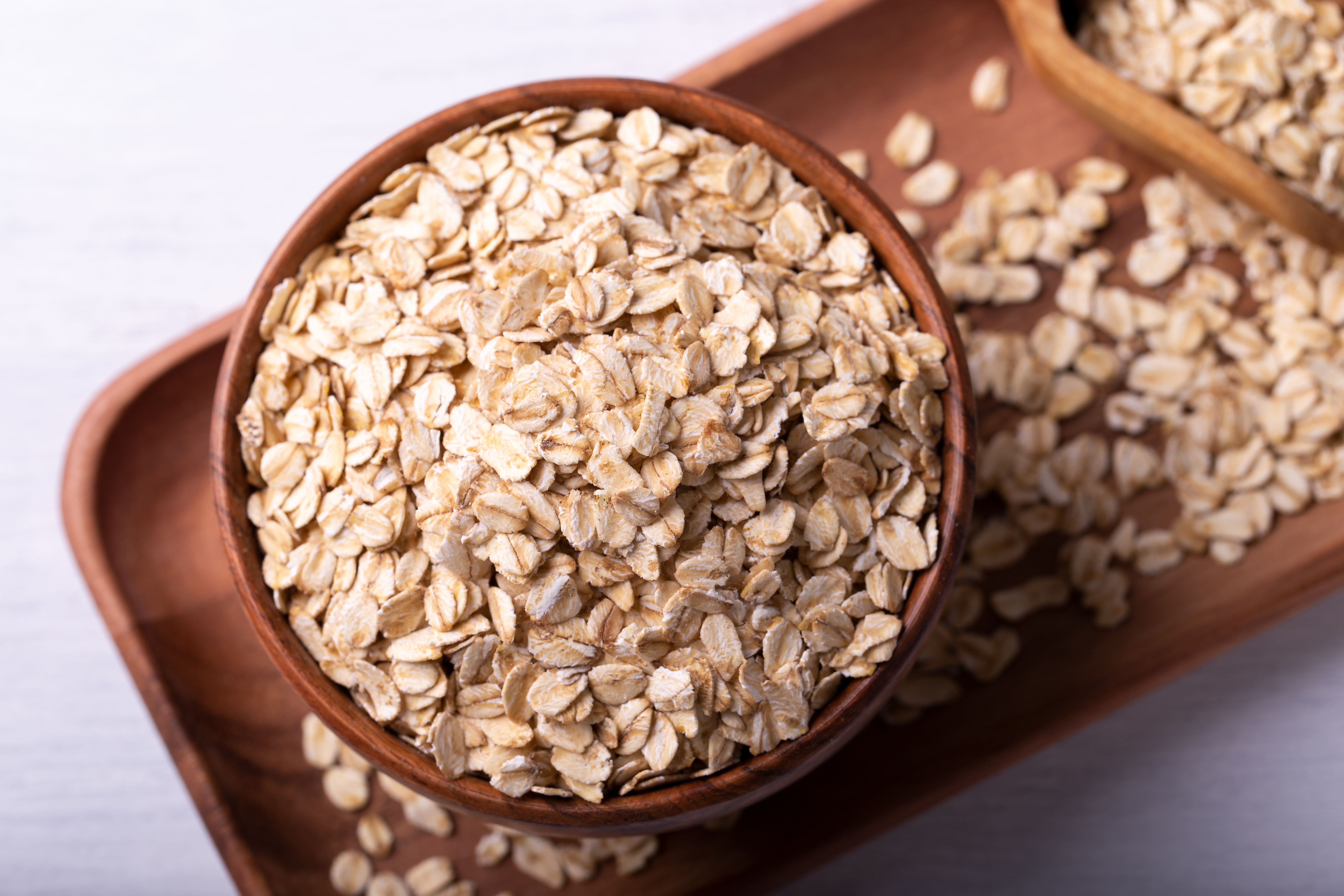13 Energizing Breakfasts That Don’t Spike Your Blood Sugar
Starting your day with the right breakfast can set the tone for how your body manages energy and blood sugar throughout the day. A well-balanced morning meal not only fuels your physical activities but also stabilizes your blood sugar levels, which is crucial for maintaining energy, mood, and overall health. With the rising awareness around the impact of diet on chronic conditions like diabetes, the focus on breakfasts that support blood sugar balance has never been more important. This article will explore 13 energizing breakfast options designed to supercharge your morning while keeping your blood sugar levels in check. We will delve into the nutritional science behind each choice, offering practical insights and delicious ideas to transform your breakfast routine.
1. Whole Grains: The Power of Oats

Oats are a breakfast staple with impressive health benefits, particularly for blood sugar control. Rich in beta-glucan, a soluble fiber, oats help slow down the absorption of glucose into the bloodstream, resulting in more stable blood sugar levels. Studies have shown that regular consumption of oats can improve insulin sensitivity, making them an excellent choice for those looking to manage their blood sugar. Moreover, oats are versatile and can be prepared in various ways, from classic oatmeal topped with fruits and nuts to overnight oats soaked in almond milk. Including oats in your breakfast routine is a delicious and effective way to support your blood sugar balance.
2. The Role of Protein: Eggs and Beyond

Protein is a crucial component of a blood sugar-friendly breakfast. It slows digestion, reduces post-meal glucose spikes, and increases feelings of fullness, helping to control appetite and prevent overeating later in the day. Eggs are a popular and versatile source of high-quality protein, but there are many other options to explore. Greek yogurt, cottage cheese, and plant-based proteins like tofu and tempeh can also provide the necessary protein boost. Incorporating a variety of protein sources into your breakfast not only aids in blood sugar management but also adds diversity to your meals, keeping them exciting and satisfying.
